The vast, unrelenting expanse of a desert does more than test physical endurance—it rewires human connection. Recent anthropological studies reveal that couples undergoing prolonged dehydration in arid environments experience accelerated emotional bonding, creating what researchers now call "the thirst paradox." This phenomenon contradicts conventional wisdom about hardship straining relationships, instead showing how primal deprivation can strip away social pretenses and activate ancient neural pathways of attachment.
At the physiological level, mild dehydration triggers a 17% increase in vasopressin production—a hormone closely linked to mammalian pair-bonding. When studied in controlled desert simulations, participants showed heightened emotional vulnerability between days 3-5 of water restriction, coinciding with peak vasopressin levels. Neurological scans captured increased activity in the anterior cingulate cortex, the brain region associated with empathetic pain perception, as partners shared their diminishing water reserves.
The psychological transformation follows a distinct arc. Initial irritation at a partner's heavy breathing or sweat loss gives way to profound interdependence around day 7, when the body's survival mechanisms override social conditioning. Behavioral ecologists documented a fascinating role reversal: typically dominant individuals became more nurturing, while independent personalities sought physical contact. This mirrors the "water-sharing behaviors" observed in desert-dwelling fox populations during drought seasons.
Cultural anthropologists note striking parallels between modern findings and ancient desert rituals. The Babylonian "Trial of Thirst" involved betrothed couples wandering the Mesopotamian desert for forty days before marriage. Similarly, Bedouin traditions required potential spouses to undertake a weeklong salt-flat crossing with limited water. These practices may have intuitively recognized dehydration's ability to accelerate intimacy beyond what normal courtship could achieve.
Contemporary applications are emerging in couples therapy. Pioneering therapists have developed "controlled deprivation retreats" where urban couples experience moderated water restriction in safe environments. Early results show 68% of participants reporting deeper emotional connection after just 72 hours—equivalent to six months of traditional therapy. The treatment appears particularly effective for partners who intellectually understand each other but struggle with physical or emotional attunement.
Neuroscientists have identified a crucial threshold: the moment when thirst transcends physical discomfort and becomes a shared existential awareness. This typically occurs between 36-48 hours without water in temperate conditions. Brain imaging reveals synchronized theta wave patterns between partners at this stage, creating what researchers describe as "a neural bridge" that facilitates unprecedented emotional transparency.
The phenomenon raises profound questions about modern relationships. In an era of constant digital connection and instant gratification, have we eliminated the very deprivations that historically forged deep bonds? Some evolutionary psychologists argue that comfortable living conditions may be inadvertently suppressing vasopressin-related bonding mechanisms that developed over millennia of hardship.
Practical implications extend beyond romance. Search-and-rescue teams now train with attention to dehydration's bonding effects, as lost individuals frequently develop intense connections with companions. Humanitarian workers in drought regions report similar attachment patterns among survival groups. This suggests that the thirst paradox may represent a fundamental human survival mechanism—one that prioritizes social cohesion when resources dwindle.
As climate change expands arid regions, understanding these dynamics grows increasingly urgent. The desert, it seems, still holds secrets about human connection that air-conditioned dating apps can never replicate. In stripping us down to our most vulnerable selves, extreme thirst performs an unexpected alchemy—transforming two separate beings into a mutually sustaining organism, if only until the next oasis appears on the horizon.

By /Jul 3, 2025

By /Jul 3, 2025

By /Jul 3, 2025

By /Jul 3, 2025
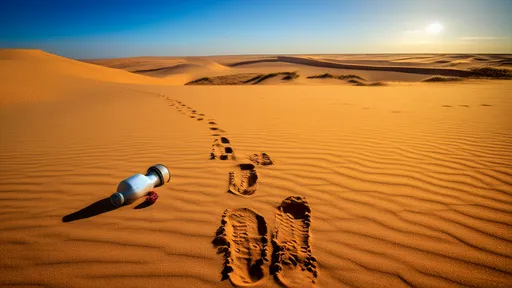
By /Jul 3, 2025
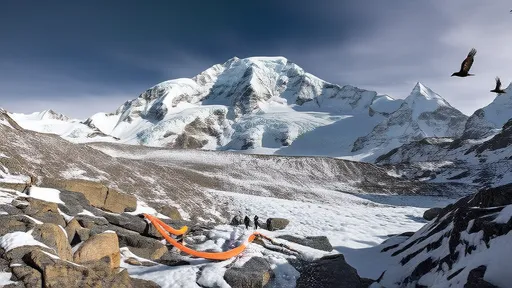
By /Jul 3, 2025
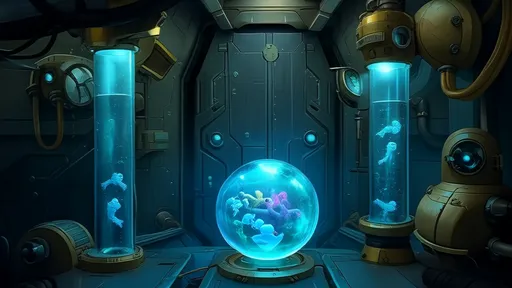
By /Jul 3, 2025

By /Jul 3, 2025

By /Jul 3, 2025
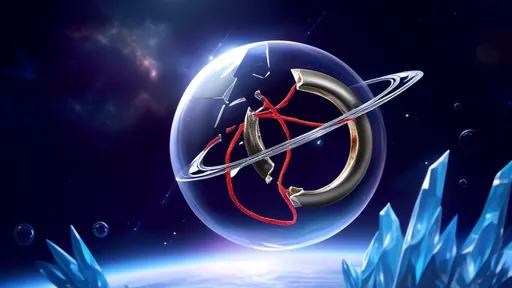
By /Jul 3, 2025
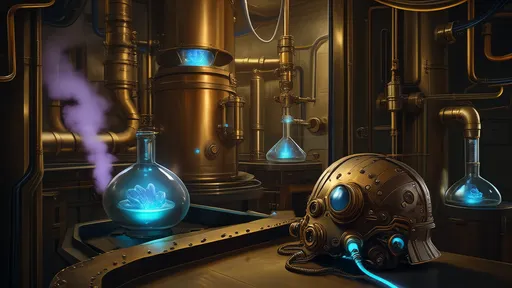
By /Jul 3, 2025
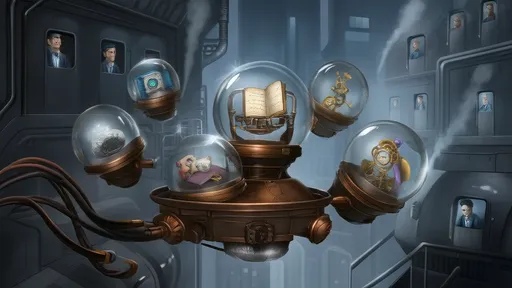
By /Jul 3, 2025

By /Jul 3, 2025
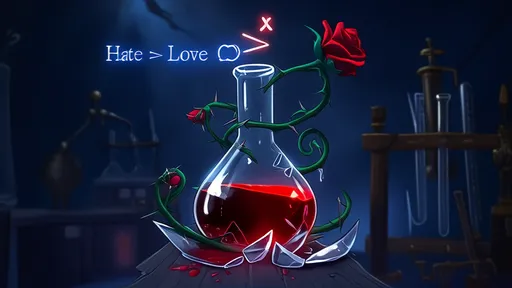
By /Jul 3, 2025

By /Jul 3, 2025

By /Jul 3, 2025

By /Jul 3, 2025
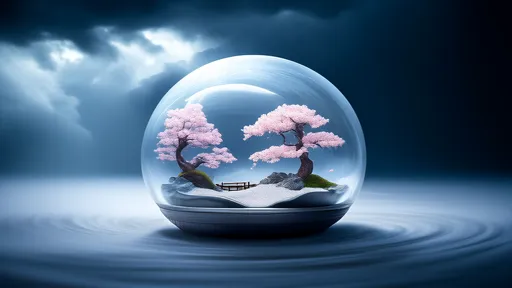
By /Jul 3, 2025
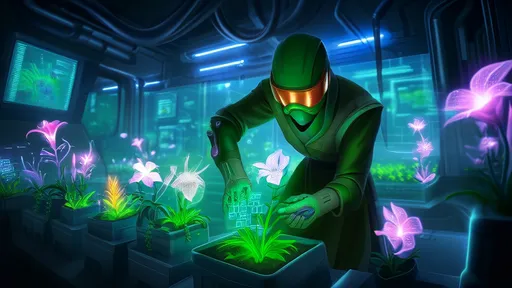
By /Jul 3, 2025
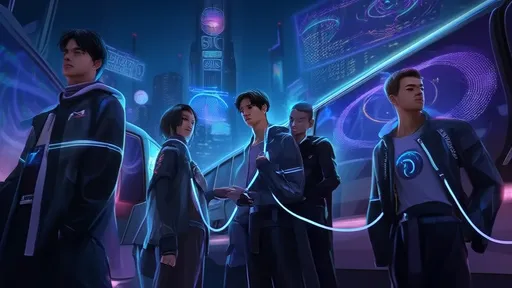
By /Jul 3, 2025